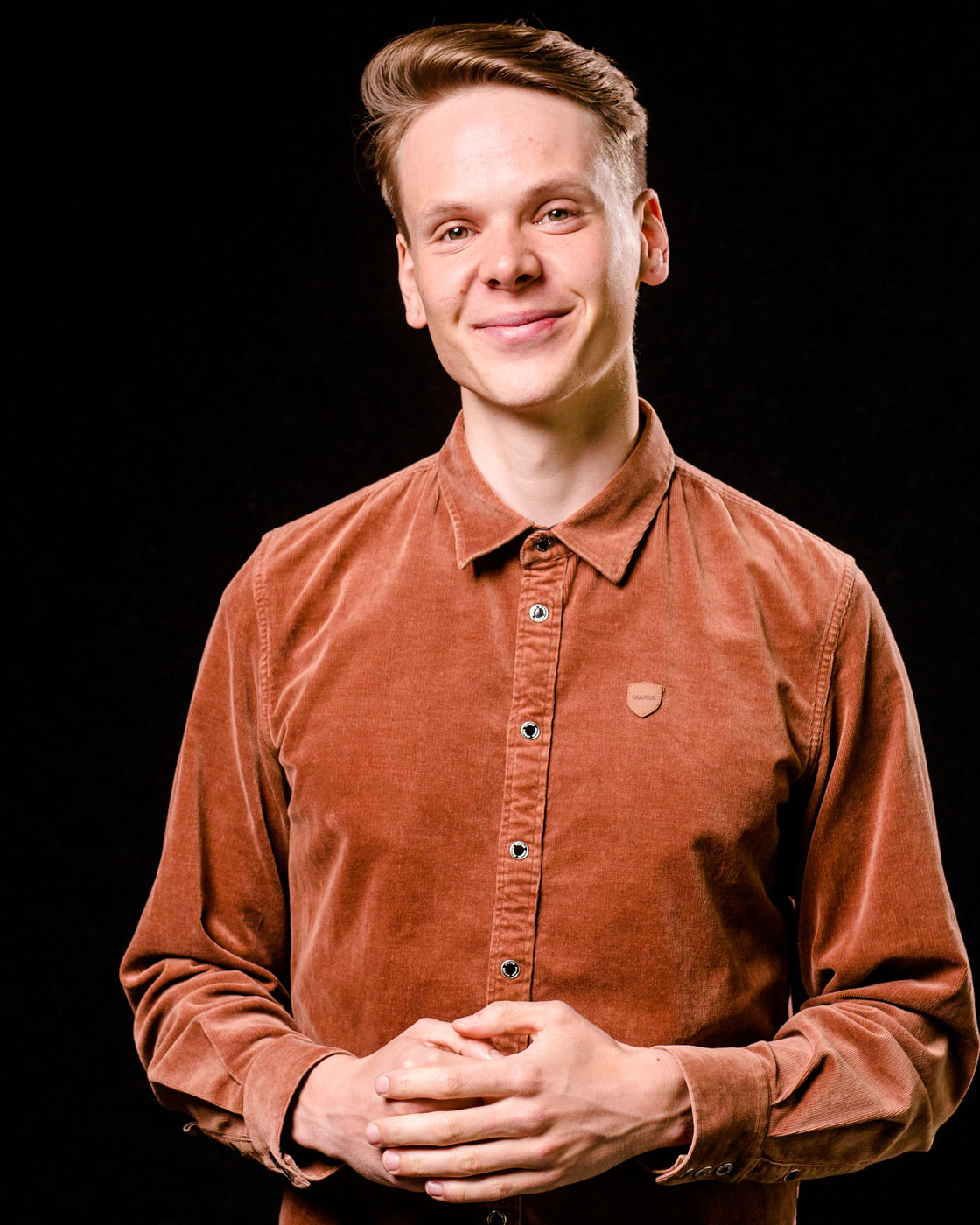Deprecated: Creation of dynamic property App\Blocks\HeadingCommentary::$className is deprecated in /data/wordpress/vendor/generoi/sage-nativeblock/src/NativeBlock.php on line 70
Circular economy into everyday life in kindergartens
Completed project May 2018-November 2019
The Natural step towards well-being (Luontoaskel hyvinvointiin) operating model combines health-enhancing nutrition, contact with nature and circular economy thinking. In practice, the natural steps include such actions as planting herbs, trips to forests and baking.
In recent years, a lot of research data has been collected on how the urbanised lifestyles and environment have changed the human microbiome and weakened the immune system. The human health and environmental well-being can be promoted by supporting contact with nature and by including more vegetables in our diets. In fact, a vegetable-based diet is one of the most important ways of reducing our environmental footprint and improving health.
The objective of the Natural step towards well-being project was to promote well-being and health in day-care centres by combining health-enhancing nutrition, contact with nature and the circular economy. The aim was to increase vegetable-based eating, reduce food waste, strengthen environmental awareness and develop co-operation in municipal environmental work. The practical aim was to support the circular economy and increase the quantity of microbes that are beneficial to health in children’s bodies.
What was achieved?
During the project, the Natural step towards well-being operating model (in Finnish) was created for increasing nature and food education and reducing food waste in day-care centres. The model supports learning in accordance with the National Core Curriculum for Early Childhood Education, promotes children’s health and provides the foundations for a positive relationship with nature and food. The key activities are the Natural Steps, which include diverse contact with nature, vegetable-based meals, food education and minimisation of food waste. In practice, the steps include such actions as planting herbs, trips to forests and baking.
The project was implemented in nine day-care centres in Helsinki, Oulu, Lappeenranta and Jyväskylä. During the project, staff training was organised, contact with nature was increased, changes were made to the menus, and a more versatile food offering was tested. For example, the weekly programmes were adjusted so that groups could make regular visits to the outdoors and participate in cooking and baking. In addition, food was introduced as a theme of play in such ways as children acting as food private detectives or fuelling their mopeds with “bioenergy” (potatoes). Finger feeding was also permitted. A total of 75 people participated in food education sessions.
The project also taught the staff new approaches to how children eat, the application of rules, the immediate surroundings, hand hygiene and the dirt from playing with natural materials and soil. Children’s contact with nature was increased by planting and caring for plants, herbs, flowers and root vegetables and by eating the crops they yielded. Some day-care centres also acquired planters for their gardens. All the day-care centres involved continue to visit the forest regularly, at least two to four times a month. Playing with natural materials, soil and water in the day-care centre’s own area was considered a good way of increasing contact with nature.
The Natural Steps activities meant a lot for both the staff and children. Children enjoyed taking part in cooking and taking care of the plants. Furthermore, the changes had a positive impact on the children’s vegetable intake and appetite. However, the children’s eating habits at home did not change significantly during the trial. The staff found the practical tip about implementing food education as part of everyday life with children to be the most useful.
The project helped increase co-operation between day-care centres and catering service providers through regular meetings. The three day-care centres where lunch waste was measured succeeded in reducing their food waste. The day-care centres considered measuring waste useful, although a bit arduous. Challenges related to food waste that emerged during the project included difficulties in assessing food volumes and uncertainty about regulations in matters like the reuse of surplus food. However, the day-care staff were of the opinion that the data on the actual amounts of food waste increased their awareness and helped them assess food volumes.
Due to the different operating methods, environments, resources and interests of the day-care centres, local authorities and catering service providers, the nature steps that each day-care centre planned to implement varied. The day-care centre’s surroundings put some limitations on how contact with nature could be increased, so some of the planned steps have not yet been implemented. For example, the new garden designs and artificial lawns create obstacles to bringing natural materials from the garden into the day-care centre premises. It is hoped that new day-care centres and their gardens will be designed to be functional from the viewpoint of children in particular.
Microbial samples were collected from children’s skin at the beginning and end of the project. The samples are stored at the National Institute for Health and Welfare, and they will be analysed with separate funding to be applied for later. More information on the objectives, methods and results of the project can be found in the Luontoaskel hyvinvointiin (Natural step towards well-being) research report (in Finnish).
Who participated?
The Natural Step project was implemented and co-ordinated by the National Institute for Health and Welfare together with the Finnish Environment Institute and the Natural Resources Institute Finland. Sitra funded the project, and the project manager on Sitra’s side was Merja Rehn.
Other parties involved in the project included the National Nutrition Council, the Finnish Allergy Programme, the Finnish Institute of Occupational Health, WWF and the Finnish Heart Association. In addition to Sitra, the project was also funded by the Ministry of Agriculture and Forestry. The Rural Women’s Advisory Organisation, the Finnish Society for Food Education Ruukku, and two food education researchers from the University of Eastern Finland were responsible for the provision of food education training.

What was it about?